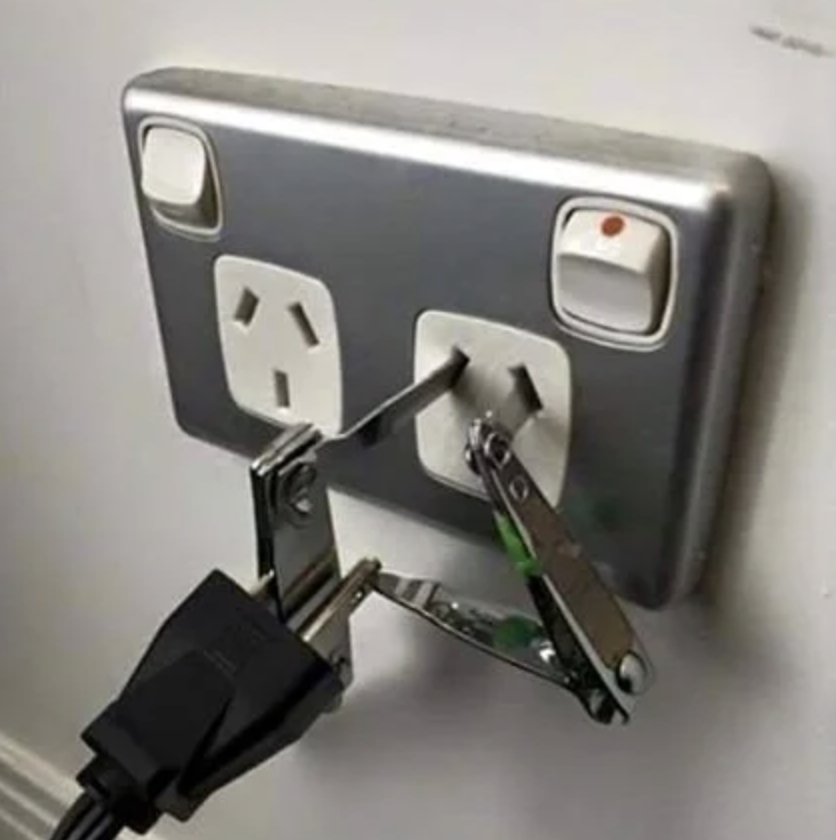Discovery notes Week 07
20 to 24 May 2019
What’s difficult now would have been impossible before
Week started in crunch mode trying to get the prototype ready for the lab on Tuesday. Most of the bits were there.
Sadly I was all across Leeds for a lot of the day.
Reviewed the prototype with Sam. She took lead on the part of the prototype for the last lab activity. We sketched out the flow together. Two questions but if they answered yes to any one of them the system would get a little more complicated.
She did an amazing job. There was some tricky logic to do.
Lots of likes but no needs
In the lab users were very complimentary about the prototype service. But none of them had thought, never mind tried, to solve the issue it was attempting to meet.
Their politeness about the service was nice. But it was all nice to have and nothing they’d drop things to do. Or need to do before they could drop things.
It can be very easy to be persuaded by people saying they’d use a service.
Or that something they’re interacting with is interesting and means something to them.
But people say things but behave very differently.
We all do.
The user is in a strange room with strange people interacting with a strange system asking strange things. It’s natural behaviour to be nice and say pleasant things.
Key of course is to really watch people’s behaviour. Before and after interacting with a thing.
The service wasn’t going to meet any need.

The strategy is delivery (but not this thing)
Right now, there’s no strong need for the service. It makes our system more coherent. But it wouldn’t do much better than:
- improved signposting
- better content
- fixing some plumbing and internal processes.
An “online” service wouldn’t deliver the benefits in a sustainable way.
Of course trust, accountability and openness with health data isn’t a thing you decide not to do. But there are more effective steps.
Giving people control and sight of their health records is, from what we’ve seen from people, the better first step.